The best scientific estimates tell us human civilization is in overshoot. Were you aware of this? Do you know what overshoot is? This year (2019), Earth Overshoot Day in 2020 falls on August 22. Since 2003, scientists at Global Footprint Network have been analyzing UN data and satellite imagery to estimate the planet’s capacity to meet our needs (biocapacity), and humankind’s footprint - or demand (ecological footprint) - on that capacity. Their analysis suggests we have been in overshoot since…
Tag Archives population growth
Today it could be argued that human beings daily act against our own self-interest. How? Biologist Paul Ehrlich and fellow scientists tell us we are expanding our population and economy beyond the Earth's carrying capacity– at our peril. Why do we insist on continuing? Humanity in the last few hundred years has become the dominant animal on this planet. We are changing...the atmosphere to the point where we’re threatening our very sustainability, we are now mobilizing most minerals more rapidly…
Most scientists agree the current level of human population, in combination with present living arrangements, is damaging our ecosystems. But doing something about overpopulation is not high on public policy lists. It’s rarely discussed in the media or over coffee with friends. Why? Population Media Center President Bill Ryerson discusses the obstacles preventing faster progress on solving the overpopulation problem, or even admitting there is one. This is the second part of an April 2017 interview. Bill Ryerson has worked…
With human activity disrupting the climate, do we have a moral imperative not to have children, or to have only one child? Bioethicist Travis Rieder dares to explore this bold question with sensitivity and scientific rigor. Rieder shares his logic in the short book, Toward a Small Family Ethic: How Overpopulation and Climate Change are Affecting the Morality of Procreation. It starts with the fact that deciding not to have one child is over 20 times more effective at reducing…
Our computer-generated scenarios all showed this growth stopping in the early decades of the 21st century, and, I must say, looking back now, it seems that we're right on schedule.” Dennis Meadows led the team at MIT whose computer simulations led to the publication of the top-selling environmental book of all time – The Limits to Growth. Scientists built on Jay Forester’s pioneering system dynamics work to chart future trends of five variables, analyzing how they would influence one another.…
Today it could be argued that human beings daily act against our own self-interest. How? Biologist Paul Ehrlich and fellow scientists tell us we are expanding our population and economy beyond the Earth's carrying capacity– at our peril. Why do we insist on continuing? Humanity in the last few hundred years has become the dominant animal on this planet. We are changing...the atmosphere to the point where we’re threatening our very sustainability, we are now mobilizing most minerals more rapidly…
Stephanie Mills made headlines in the Spring of 1969 when she vowed, in her commencement address, to conceive no children. “Our days as a race on this planet are, at this moment, numbered,” she proclaimed, “and the reason for our finite, unrosy future is that we are breeding ourselves out of existence.” In remarks titled, The Future is a Cruel Hoax, the young, articulate, environmental-leader-to-be shared her plan with fellow graduates at Mills College (no relationship): I am terribly saddened…

